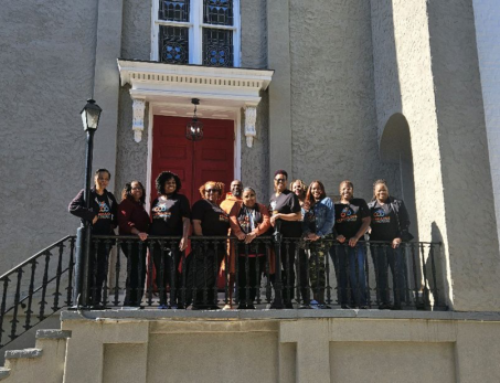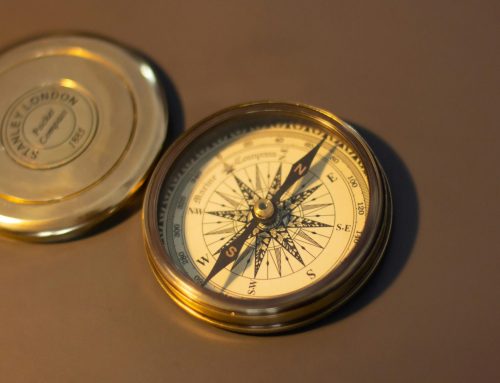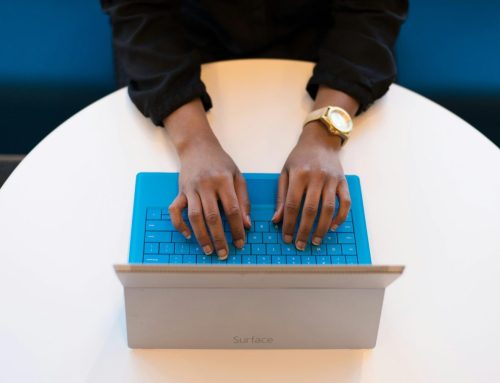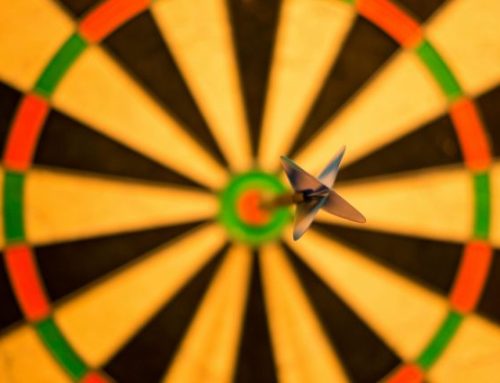This past week, I’ve spent an exorbitant amount of time following the Olympics. Swimming and Gymnastics (two of my favorite summer sports to watch) have filled my TV for hours. But my family and I have also found ourselves following sports we never normally watch (fencing, handball, table tennis, surfing…and on and on). There was one fencing match during which my kids tried to reenact the match using light sabers. It was a highlight.
There’s just something about the Olympics that has us collectively pausing our normal routines and cheering on our athletes no matter the sport. The excitement, camaraderie, and general goodwill that comes with the Olympics unites us for a brief couple of weeks in our love for country and these stars.
As I watched the games, I couldn’t help but think about the lessons we can apply to our nonprofits (stick with me – my consultant hat is always on!).
Storytelling is the single most powerful tool we can use to unite an audience to our cause.
How many obscure sports or athletes do you now know and are rooting for after seeing a story or interview aired just before the match? Anyone else now following athletes they’ve never heard of before on social media because of how well they’re sharing their lives behind the scenes? We’re only a week in and my husband is probably already tired of constantly hearing “did you know…?!” after I’ve learned a fun fact about an athlete.
Here’s one for you – Did you know that Simone Biles’ coaches, Cecile & Laurent Landi, missed the first day of practice because they were watching their 17 year old daughter, Juliette Landi, compete in the 3m Synchronized Diving competition for France?
Compelling storytelling brings an athlete’s humanity, their triumphs and failures, into our living room. It gives us reason to cheer for this athlete beyond their ability because we now see them more clearly. I don’t love Simone Biles simply because she’s at the top of her sport. I cheer for her more today than I did four years ago because of her struggles – she walked away from a sport she loved for two years, got married, worked through mental health struggles and then fought tooth and nail to get back to this Olympics.
What story do you have to tell? Are you telling it well? Are you telling your story through various platforms to reach every potential audience? If you have a compelling mission, but seem to be falling short in connecting with funders, maybe take a step back and look at how you are communicating your story. If this is a strength for your organization, keep it up – but don’t fall complacent. Continue to look for opportunities to showcase who you truly are as an organization. Keep a log of internal “wins,” client testimonials, and engaging partners that can help tell your story and create buy-in beyond simply your mission statement. What brings the “humanity” of your mission into your funders living rooms?
Everyone has an extraordinary gift.
While a small percentage of Team USA are household names (hello Lebron!), the majority of our Olympic athletes are not famous, or even rich. They’re average individuals with an extraordinary gift that they’ve spent their lives honing.
Here’s another “Did you know” tidbit for you…While the youngest Olympian this year is 11 (Chinese skateboarder Zheng Haohao) Women’s Boxer Morelle McCain didn’t attend her first boxing class until 17, accompanying her niece who was enrolled after being bullied at school. McCain then took up the sport as a workout but soon realized she had an extraordinary gift. After winning multiple awards, she landed herself on the 2024 USA Olympic Team. She started a GoFundMe account to get her family to Paris to see her compete. While not a household name, Morelle is literally the best in her sport.
Regularly, we share that one of the biggest misconceptions about fundraising is that only “certain people” have the gift of asking for money. That’s simply not true. Anyone can ask for a donation when playing into their natural talents and given the proper training.
Similarly to these “everyday Americans with a gift” competing in the Olympics, you, your team, your board and volunteers all have the ability to be successful, compelling fundraisers for your organization. You simply need to identify what makes them “extraordinary” and help them hone it. Gregarious staffer who’s never met a stranger? Give them talking points and send them on their way. Introverted, but trustworthy Director? Teach them the immense value in the ability to build long-term, mutually beneficial relationships. Nervous, but productive business-leader on your board? Ask them to join you on a cultivation or stewardship call to help them see the connection between their own business acumen and how it translates to your organization.
Your mission is worthy and capable of rallying a broad and diverse audience.
Maybe it’s my age, but one of the things I’ve been most intrigued by during these Olympics is the sheer amount of work, and people, it took to simply get Team USA to Paris. Even after the athletes won their spots on the team, the coordination of flights, transportation, uniforms, etc. for 592 athletes plus coaches is staggering.
Consider the outfitting of the athletes alone. One report I saw said that over 1,000 athletes and coaches would visit the Team USA Welcome Experience where they would be fitted for everything from their opening and closing ceremony uniforms (by Ralph Lauren) to the gear they would wear in the Olympic Village and on the podium (Nike). “Did you know” that the Ralph Lauren jacket that athletes wore during the Opening Ceremony crossed six U.S. states before making it to Paris. They had 40 tailors custom making the uniforms and 22 tailors on-site to make final adjustments. The logistics are truly amazing to consider.
What does this have to do with you? It took, literally, thousands of people to get Team USA to Paris. Without having to research it, I’d say it’s a pretty good guess that this group spans the gamut of diversity – political, geographical, socioeconomic, race, religion, etc. But they contributed and rallied around the same mission – Team USA – because it’s a mission worthy of setting aside differences. Likewise, your mission is worthy and capable of rallying a broad and diverse audience. Sometimes it’s about making room at the table. But sometimes, the table is already filled with beautifully diverse people – they just need the strong mission of your organization to overcome their differences and collectively move your organization forward. Wherever you’re starting, it’s a worthy task and, truly, you’ll be better for it.






Leave A Comment
You must be logged in to post a comment.